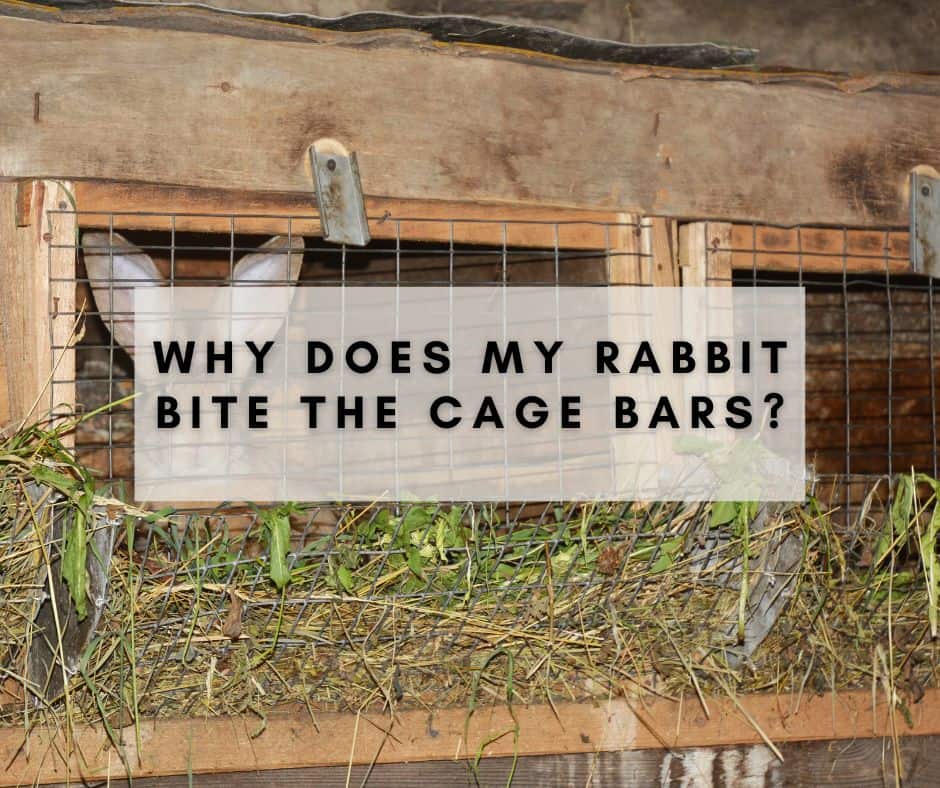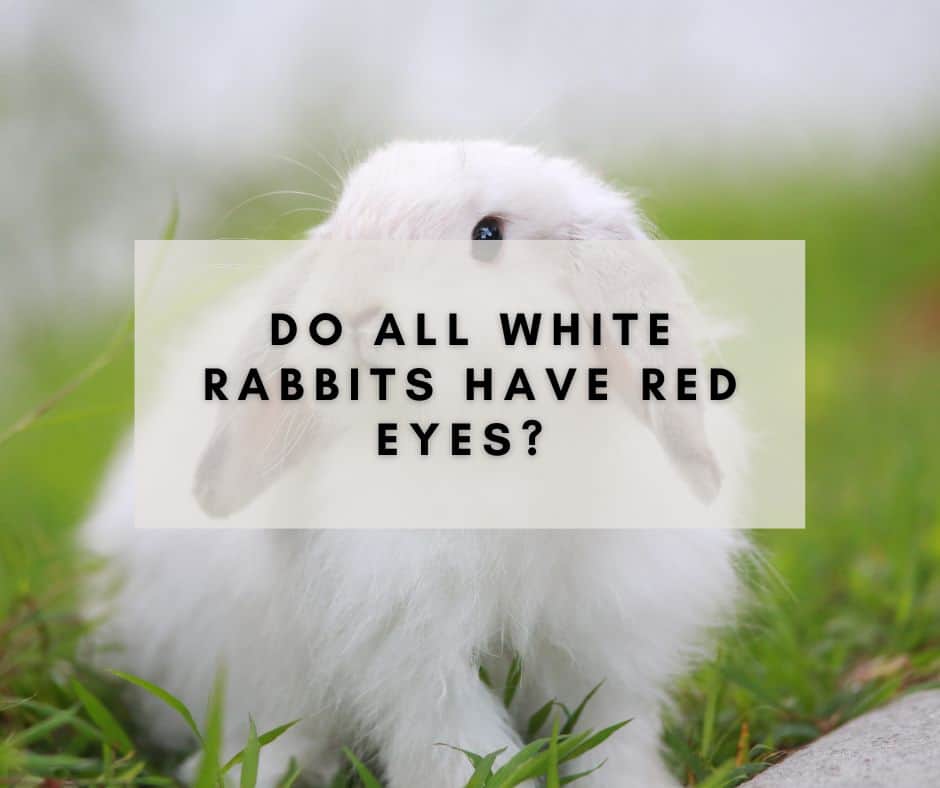Your Rabbit can become unfriendly even with your most sincere affection. The Rabbit may even become frightened of you. The feeling of guilt and confusion can be disheartening. You may encounter a runaway or a cold shoulder when you approach. You may even get growled at by your Rabbit, who attempts to bite you when you get closer.
It’s not usually your fault if your Rabbit does not like you. In addition to illnesses, environmental changes, loud noises, strong odors, and stress, rabbits may be unfriendly due to illness or changes to their environment. You can typically expect your Rabbit to return to its usual behavior in a few days.
Contents
Possible reasons why your Rabbit Doesn’t like You
1. Rabbit Feels Unsafe
When a rabbit feels unsafe in its environment, it is more likely to hide and run away. The chances are it won’t feel comfortable playing and engaging with you unless you actively encourage them to do so. This type of fear is usually related to the Rabbit having very little control over its immediate environment for various reasons.
As far as possible, make the Rabbit’s home base as comfortable as possible so that it feels safe and eventually learns to trust people. Try not to expose your Rabbit to too many jarring external stimuli, and keep their hiding places as comfortable as possible.
2. Irritability And Anxiety
Stress easily becomes a problem for rabbits. They are prey animals by nature. Do not be discouraged if for whatever reason, your Rabbit becomes less cuddly. A rabbit’s behavior is normal in this regard. You might need a bit of time and space to get them back on track.
3. Unpleasant Smells
An unpleasant smell may cause a rabbit to dislike you. Certain odors, including those associated with cats and dogs, are disliked by rabbits. The scent of perfume may also trigger bad memories, like rough handling by the previous owner. Strong odors can be repellent to a rabbit’s sensitive nose. Consider your smell if your Rabbit stops liking being handled suddenly.
4. Climate Changes
The change does not just apply to physical spaces. A person, food, toy, or even noise can be entered into their zone. Even if it’s harmful, it’s still okay. Your Rabbit may become agitated just by the change itself.
Even the smallest of circumstances can have an impact. The Rabbit in your cage went to the veterinarian, your working hours changed, or your roommate moved in. A stressed rabbit may not be as cuddly toward you as it once was
5. Health Problems
Prey animals like rabbits can hide pain very well. Animals in the wild are prone to be attacked if they show signs of pain. In the same way, domestic rabbits hide their discomfort or injuries.
So, if you have injured your Rabbit – no matter how minor or major – it will want to hide away from you while it recovers. The situation isn’t personal. Until the bunny is feeling better, it may keep to itself.
Your Rabbit Will Trust You If You Follow These Steps
1. Get Close to Your Rabbit
You can earn your bunny’s trust by bonding with him. Put it in a quiet room and spend some time with it. Make sure the room is free from other people and pets, so you can spend some quality time together. If you want to be on your Rabbit’s level, you can lie on the floor.
Even if your Rabbit seems wary, keep it nearby and enjoy an individual task while enjoying its company. The animal can then become more accustomed to your presence by observing you. Several times a day, repeat this.
2. Pet Your Rabbit
Adding some interaction with your Rabbit after it readily approaches you for a treat will encourage it to approach you. Initially, you should just pat your Rabbit on the top of its head when you give it a treat. You can begin to pat it on the forehead and behind the ears as it becomes more comfortable being touched. At some point, you can even give it a nice massage on the back.
3. Make Sure Your Rabbit Has the Basic Needs
The same necessities apply to all rabbits, no matter how cuddly they may be. You’ll need to feed, water, and take care of your Rabbit, no matter what its personality may be. Ensure it has a healthy diet, enough water, and a comfortable place to rest. Your Rabbit will learn to love you if you make sure its environment is secure and comfortable for it.
4. Put Your Rabbit On The Ground
A rabbit is a small animal that is low to the ground. Their view of you is that you are nothing more than a pair of feet. So, when approaching your Rabbit or talking to it, you should crouch down low. The animal may feel more at ease and less threatened when this happens. Despite your tall stature and domineering style, you won’t be held in low regard.
5. Don’t Be rude
Even if your Rabbit prefers to stay away from you, talking can help bridge the distance. Rabbits are highly sensitive to loud noises, and any loud noise can easily frighten them. Do not speak harshly; rather, always speak gently. Be calm when you talk to rabbits because they are also perceptive to tone and emotion.
Final Thoughts
There are many reasons why Rabbits behave badly, including hormones, illness, and boredom, the drive to establish dominance, miscommunication, and even boredom. There are some bunnies whose personalities simply don’t lend themselves to being as affectionate with humans as others. It is you who should adjust.
Sometimes, a rabbit’s behavior may appear bad to you, but it is you who must adjust. Understanding your bunny’s mindset and learning its language will help you to better understand it and become its friend.



